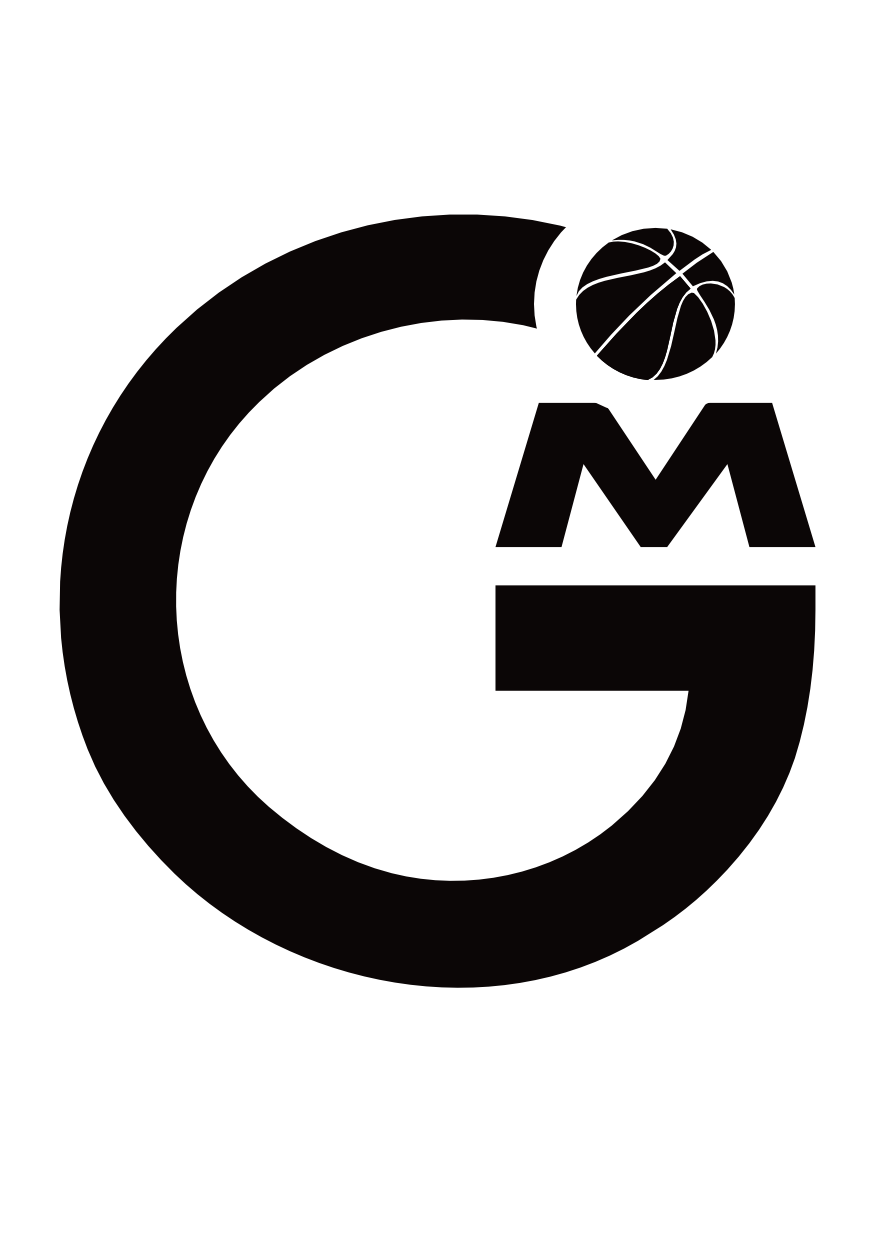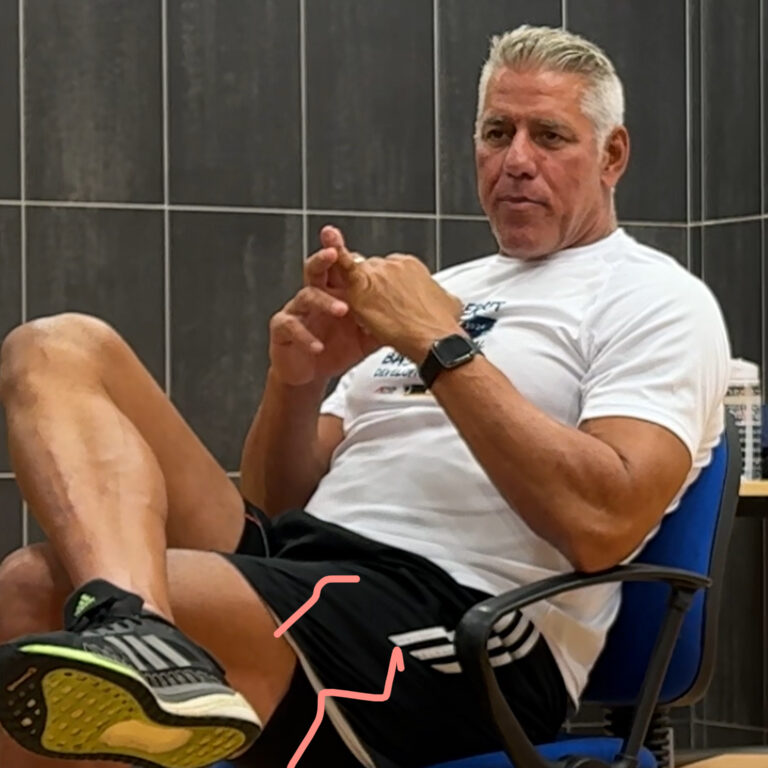In the world of professional basketball, few names resonate as strongly as Joe Arlauckas. The Euro Basket superstar, known for his unparalleled court vision and clutch performances, recently took time out of his busy schedule to mentor aspiring players at our basketball camp. For an entire week, young athletes had the rare opportunity to learn from one of the game’s greatest minds, absorbing invaluable lessons on both the mental and physical aspects of basketball. This article delves deep into the wisdom Arlauckas imparted, offering a comprehensive look at how his advice can shape the next generation of basketball talent.
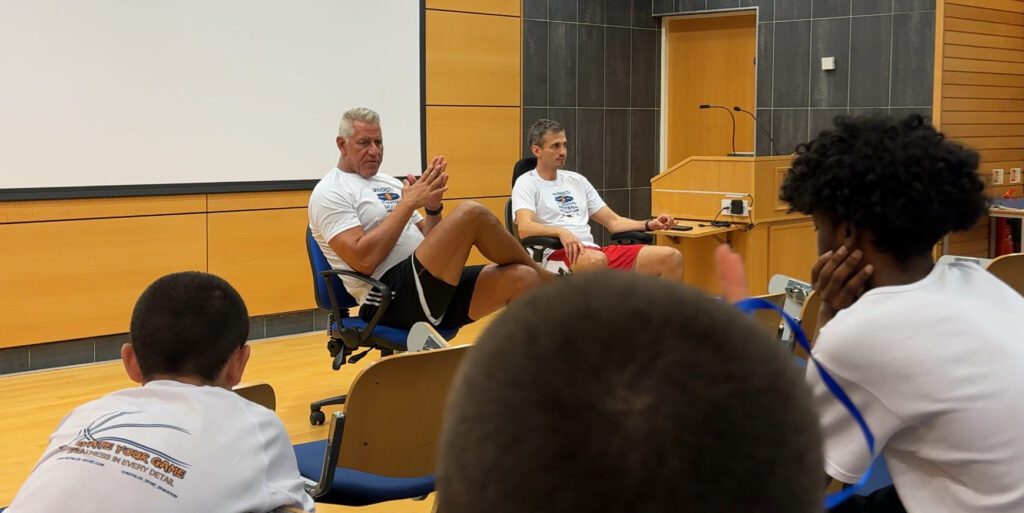
The Mental Game: Arlauckas’s Blueprint for Success
Joe Arlauckas has long been admired for his mental fortitude, a trait he considers paramount to his success on the court. During the camp, he emphasised the importance of mental preparation, sharing insights that go far beyond the typical “stay focused” mantra.
Visualisation: The Key to On-Court Success
One of the most striking pieces of advice Arlauckas offered was his approach to visualisation. He encouraged campers to spend at least 15 minutes each day imagining themselves succeeding in various game scenarios. “Don’t just see yourself making the shot,” Arlauckas explained. “Feel the ball in your hands, hear the crowd, smell the court. The more vivid the visualisation, the more prepared you’ll be when those moments actually arise.” This technique, he revealed, has been crucial in his ability to remain calm under pressure during high-stakes games.
Embracing Failure as a Stepping Stone
Arlauckas also addressed a topic many young athletes struggle with: failure. Rather than viewing missed shots or lost games as setbacks, he encouraged players to see them as learning opportunities. “I’ve missed more game-winning shots than I’ve made,” he admitted, “but each miss taught me something new about my form, my timing, or my decision-making.” He advised players to keep a “failure journal,” documenting what went wrong and, more importantly, how they plan to improve next time. This mindset shift, Arlauckas believes, is what separates good players from great ones.
The Power of Positive Self-Talk
Throughout the week, campers were introduced to the concept of positive self-talk, a tool Arlauckas credits for much of his mental resilience. He taught players to replace negative thoughts with affirmative statements, transforming “I can’t make this shot” into “I’ve practiced this shot countless times, and I’m ready to execute.” Arlauckas stressed that this practice extends beyond game time, encouraging athletes to use positive self-talk in their daily lives to build overall confidence and mental strength.
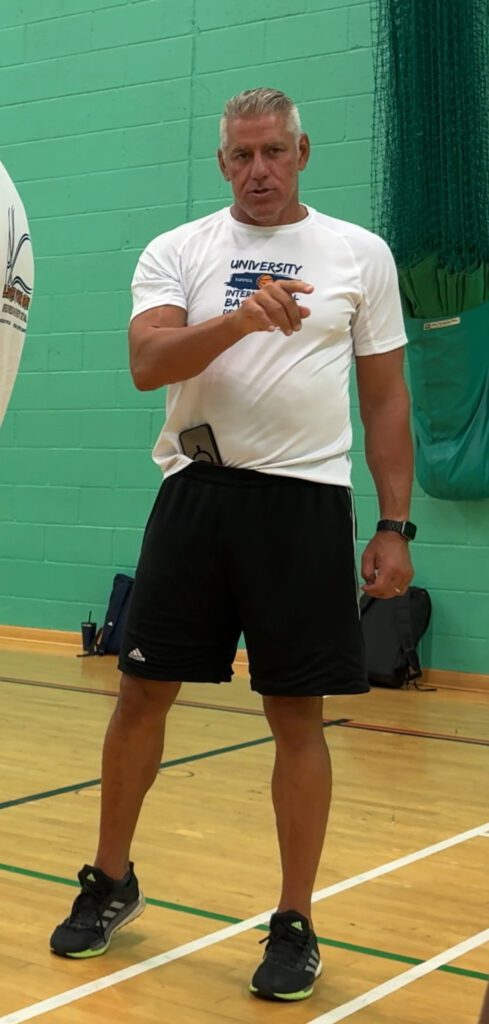
Physical Prowess: Arlauckas’s Approach to Athletic Excellence
While mental preparation formed a significant part of Arlauckas’s teachings, he didn’t neglect the physical aspects of the game. His approach to training and skill development offered campers a glimpse into the rigorous regimen of a professional athlete.
The Think Shot Challenge
One of the most ambitious goals Arlauckas set for the campers was the “Think Shot Challenge.” He explained that true shooting proficiency comes not just from practice, but from perfect practice. “It’s not about how many shots you take,” he said, “it’s about how many perfect form shots you can make.” He challenged each player to commit to visualising the perfect form shots over the next three months, emphasising proper technique over speed and use of the mind to imagine making or missing a shot. This approach, he explained, helps create muscle memory that holds up even under the pressure of a real game.
Functional Strength Training
Arlauckas introduced the campers to his philosophy on strength training, which focuses on functional movements rather than isolated exercises. He demonstrated a series of exercises that mimic on-court movements, such as lateral lunges for defensive slides and medicine ball throws for explosive jumping. “Your gym work should make you a better basketball player, not just a stronger person,” he advised. This functional approach, Arlauckas believes, is key to preventing injuries and improving overall athletic performance.
The Importance of Recovery
Perhaps surprisingly to some, Arlauckas dedicated a significant portion of his physical training advice to recovery. He introduced campers to various recovery techniques, including foam rolling, contrast therapy (alternating hot and cold treatments), and proper nutrition. “The best players aren’t just the ones who train the hardest,” he explained, “they’re the ones who recover the smartest.” He emphasised that proper recovery allows for more frequent, high-quality training sessions, leading to faster improvement over time.
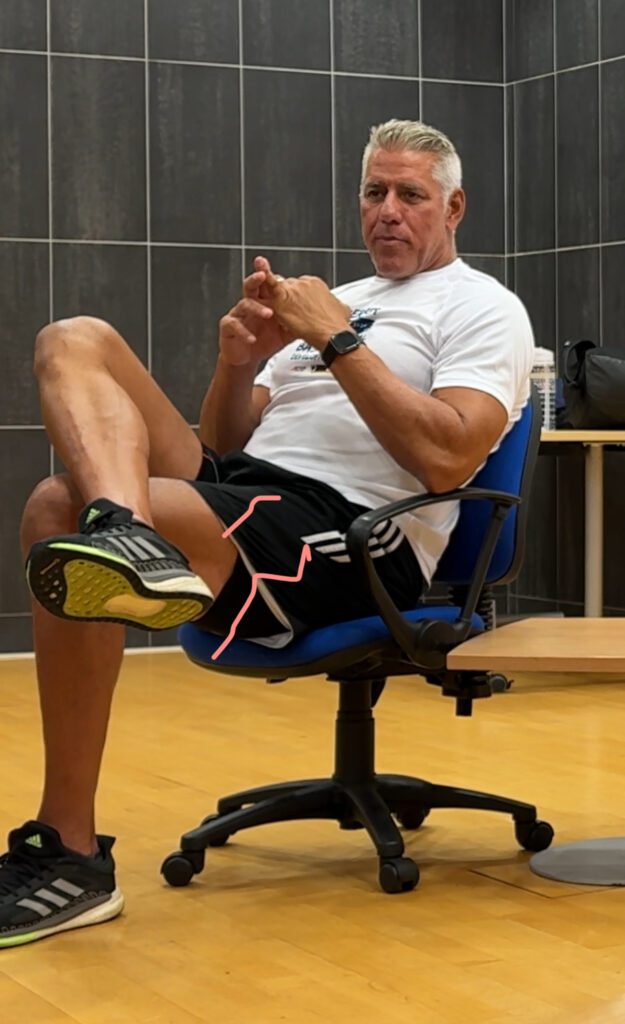
Integrating Mental and Physical: Arlauckas’s Holistic Approach
What set Arlauckas’s teachings apart was his emphasis on integrating mental and physical training. He introduced the concept of “mindful practice,” encouraging players to stay fully present and engaged during their physical training sessions.
The Two-Minute Drill
One exercise that exemplified this integration was the “Two-Minute Drill.” Players were asked to shoot free throws for two minutes straight. The goal was to maintain focus and use positive self-talk throughout the exercise. This drill, Arlauckas explained, helps players develop the mental fortitude to perform under pressure while also honing their physical skills.
Mindful Ball-Handling
Another innovative exercise Arlauckas introduced was “Mindful Ball-Handling.” Players were instructed to dribble with their eyes closed, focusing intently on the feel of the ball, the sound it made hitting the floor, and their body’s movements. This exercise, he explained, not only improves ball control but also enhances a player’s overall court awareness and ability to stay present in the moment.
The Path Forward: Implementing Arlauckas’s Wisdom
As the week-long camp drew to a close, Arlauckas left the young athletes with a roadmap for implementing his teachings. He stressed that true improvement comes not from sporadic intense effort, but from consistent, mindful practice over time.
He encouraged players to create a daily routine that incorporates elements of mental preparation, physical training, and recovery. “Start small,” he advised. “Maybe it’s just five minutes of visualisation,100 perfect form shots, and a quick foam rolling session. The key is consistency.” He also emphasised the importance of tracking progress, both in terms of physical metrics like shooting percentages and mental aspects like confidence levels.
Arlauckas’s parting words to the campers were both inspiring and challenging: “Basketball is more than just a game. It’s a vehicle for personal growth, a test of character, and a journey of self-discovery. Embrace every aspect of it – the triumphs, the failures, the joy, and the pain. That’s how you’ll not only become a better player, but a better person.”
The Lasting Impact of Arlauckas’s Mentorship
Joe Arlauckas’s week-long mentorship at our basketball camp was more than just a series of drills and pep talks. It was a masterclass in what it takes to excel not just in basketball, but in life. His holistic approach to the game, emphasising the intricate dance between mental and physical preparation, offered young players a roadmap to success that extends far beyond the basketball court.
As these aspiring athletes return to their teams and continue their basketball journeys, they carry with them not just new skills and techniques, but a transformed mindset. They’ve learned to embrace failure, to visualise success, to train with purpose, and to recover with intention. They’ve been shown that true excellence comes not from natural talent alone, but from a relentless commitment to improvement in all aspects of the game.
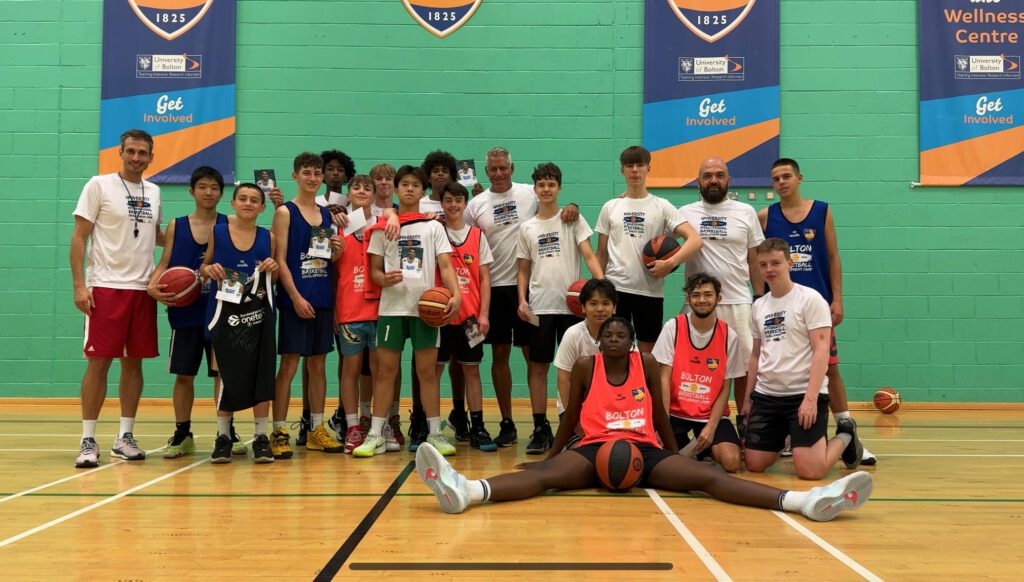
Arlauckas’s impact on these young players will likely be felt for years to come, as they apply his wisdom to their own careers and, perhaps one day, pass it on to the next generation of basketball talent. In sharing his knowledge and experience so generously, Joe Arlauckas has not only elevated the skills of individual players but has contributed to the evolution of the game itself. And that, perhaps, is the true mark of a basketball legend.
